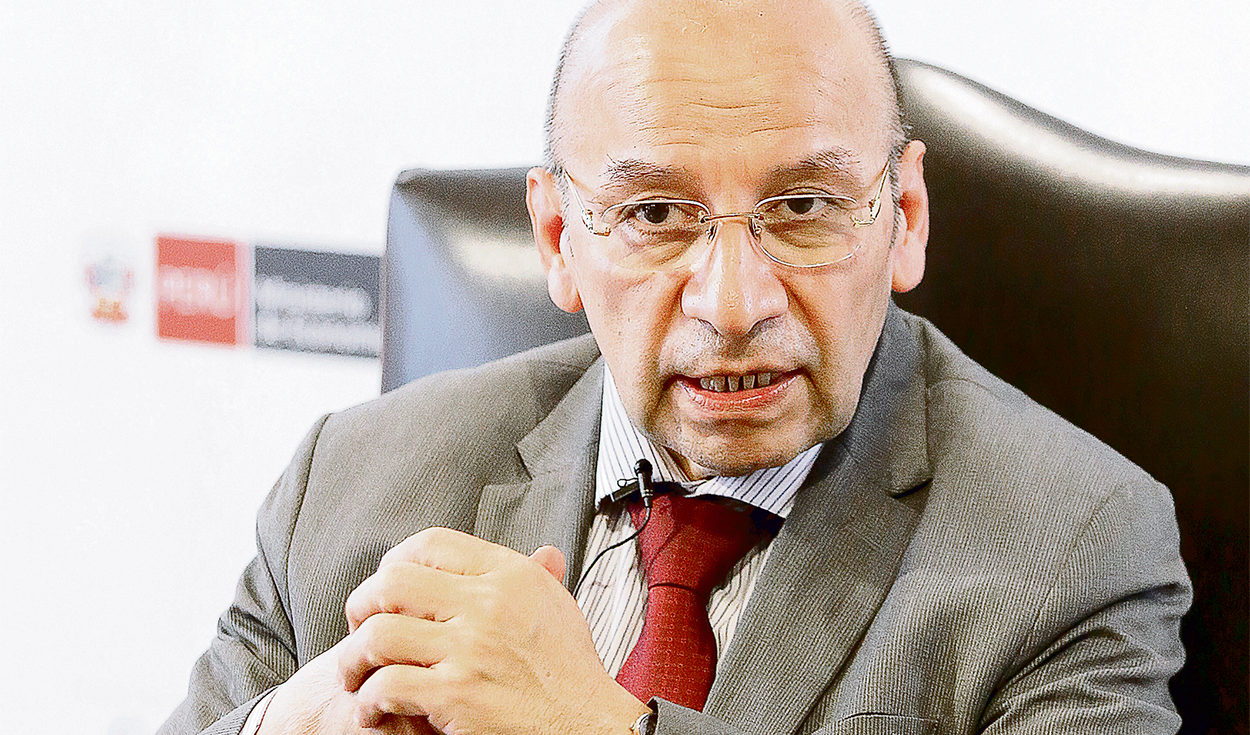
After the recession that left the Peruvian economy in 2023, former Minister of Economy Kurt Burneo discerns the opportunities of the new year, in a context in which it will rebound away from the potential that our country once had. He calls for the recovery of institutions to put an end to business pessimism.
—What lessons does this year of recession leave behind?
—It has been a year of unexpected events that have ended up affecting the economy and the expectations of consumers and investors. Now we see a lack of institutionality with the frictions in the Executive Branch or the interests in the Public ministry.
—What to expect for 2024? Will it be auspicious?
—For the second half of next year, the variation rate (of GDP) will be high because the base of comparison (2023) is relatively small. Our potential product is 2.5% or 2.6%, but if we do not aim for higher, we will be in limited growth. Every year 300,000 young people join the labor market. We need 5% (in GDP) to absorb this supply of labor; If not, we will have more underemployment.
—Do we have the capacity to grow at 5%?
-Not for now. The best forecasts are those of the BCRP, and its 3% is insufficient.
—What limits Peruvian potential?
—There must be institutional strengthening, because uncertainty has been generated and with deteriorated expectations there will be a slow recovery of consumption and private investment. The political noise must end.
—What does breaking the fiscal rules mean? Does it weaken us?
—It depends on the magnitude. The tax regression explains that the fiscal deficit goal of 2.4% for this year cannot be met, and as things stand, it seems that we will end up at 2.7%. These lower incomes and expenses create difficulties.
—You assured that the BCRP is one of the architects of the recession. Has it been right to lower the reference rate in recent months?
—Its sole objective is monetary stability; The problem is that the tightening monetary policy (the rise in rates) for more than half a year is, in part, responsible for the recession. I’m not saying what they’ve done is bad. The transfer of the reduction of this policy to financial products takes between five or eight months; and since it is not something immediate it also explains the limited rebound below 3% for next year.
—Did the MEF do well with its public promotion programs?
—Public investment is important, as is public spending; But the fundamental thing is that expectations are removed from the negative section. Without positive expectations, exiting the recession will take much longer than expected.
—Since when has such an adverse outlook not been seen?
—I would say since 2001, when we had a recession that lasted four years in a row.
—Is a change urgent in the Otárola cabinet?
—I think it is not a people issue, but a policy issue.
—But flexibility packages have already been announced for areas such as mining…
—The discontent stems from the delay in the generation of reports, probably because the capacity of the regulators is not large enough. During the time we were in MEF More resources were given to generate the necessary reports more quickly. Its capacity will have already been exceeded.
Source: Larepublica
Alia is a professional author and journalist, working at 247 news agency. She writes on various topics from economy news to general interest pieces, providing readers with relevant and informative content. With years of experience, she brings a unique perspective and in-depth analysis to her work.












